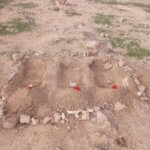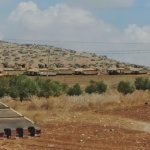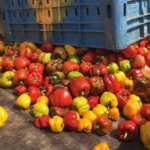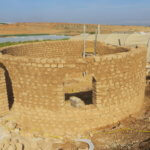Human Rights Watch condemn abuse of child labour in Israel’s Jordan Valley settlements
Human Rights Watch have published a substantial new report ‘Ripe for Abuse: Palestinian Child Labor in Israeli Agricultural
Settlements in the West Bank‘ documenting the exploitation and abuse of child labour by Israel’s illegal settlements in the Jordan Valley.
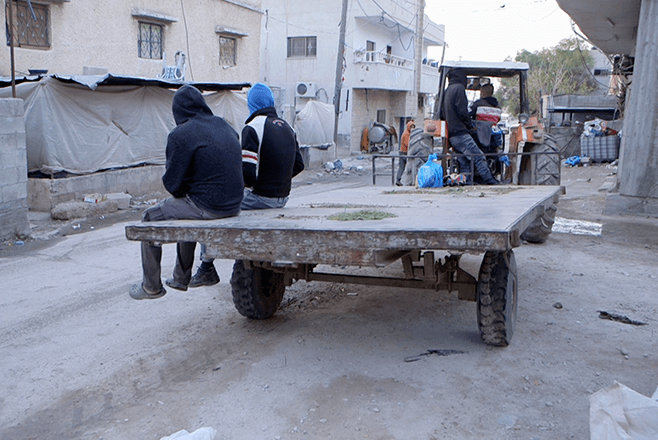 This thorough and detailed report brings to the attention of the world the appalling exploitation that Palestinian communities are subjected to in the Jordan Valley, and how the Israeli legal system upholds that exploitation. The summary to the report states:
This thorough and detailed report brings to the attention of the world the appalling exploitation that Palestinian communities are subjected to in the Jordan Valley, and how the Israeli legal system upholds that exploitation. The summary to the report states:
“Hundreds of Palestinian children work for low wages on Israeli settlement farms in the occupied West Bank, where they grow, harvest and pack agricultural produce, much of it for export.
“Based on interviews with 38 children and 12 adults who work on settlement farms in the Jordan Valley area, Ripe for Abuse documents dangerous working conditions to which children employed on Israeli settlement farms are subjected, in violation of international standards.
“Children described working in high temperatures, carrying heavy loads, and spraying or being exposed to pesticides. Some children said they had to pay themselves for medical treatment for work-related injuries or illness. Many said they dropped out of school before completing the 10 years of basic education that are compulsory under Palestinian as well as Israeli laws.
“Discriminatory Israeli policies have allocated 86 percent of the land in the Jordan Valley to settlements. The Jordan Valley covers about 30 percent of the West Bank. In addition, Israel has restricted Palestinian access to farmland and water in the area, contributing to high Palestinian poverty rates.
“Human Rights Watch calls on Israel, which does not meaningfully enforce labor rights for Palestinian children working on Israeli settlement farms, to end unlawful settlement policies and in the meantime to prohibit settlers from committing human rights abuses against Palestinian children. Other countries and businesses should uphold their own responsibilities not to benefit from or contribute to these abuses by ending business relationships with settlements, including imports of agricultural produce grown on the settlements.”

